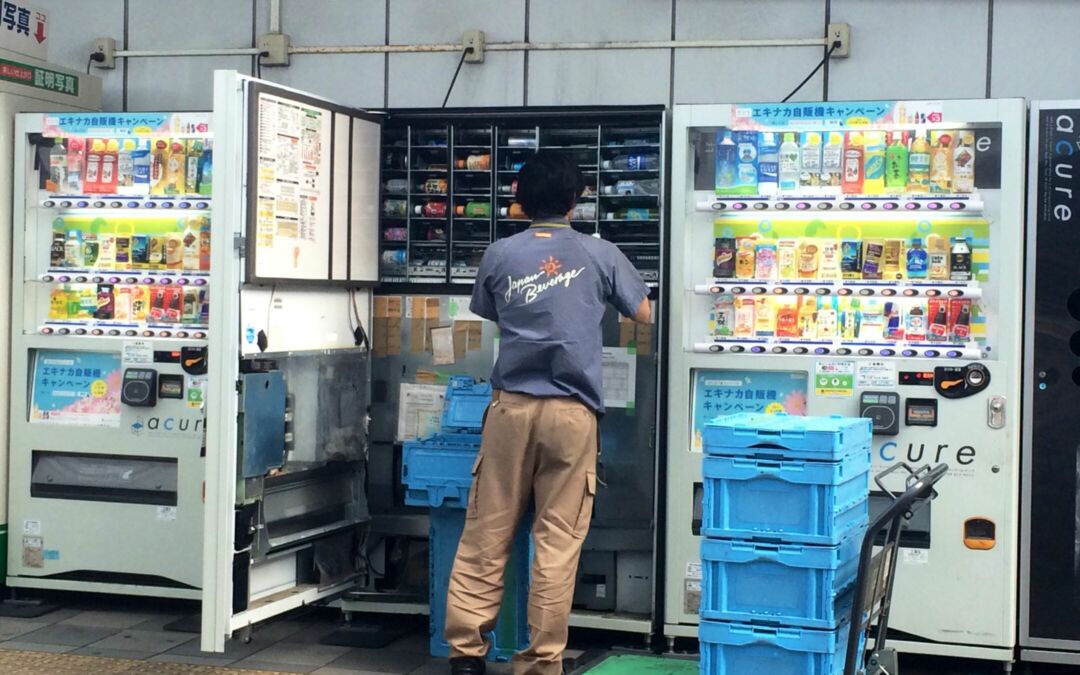“Save Our Soil” coordinators Springfield Agri and compostable packaging corporate TIPA collaborated at COP26 to turn the function packaging possible choices within the meals business have on keeping up and making improvements to soil high quality.
The campaigners say compostable packaging is helping to get well meals waste, while standard plastic harms meals waste collections via contaminating composting processes and leaving microplastics in soil.
Microplastics have interaction with soil fauna, with earthworms having been proven to make their burrows in a different way when microplastics are provide, affecting their health and – consequently – soil well being.
The composting procedure returns vitamins – together with carbon – again to soil. If the carbon saved in soil had been larger via 0.4%, once a year, the emerging focus of CO2 within the environment may well be halted.
Exhibiting to international leaders at COP26, the partnership introduced compostable packaging as a ‘critical tool with a dual purpose’: prolonging the lifetime of meals as it’s transported to shops and saved via shoppers, and later sporting any waste again to composting.
Daphna Nissenbaum, co-founder and leader govt of TIPA commented: “We had been proud to show off with Springfield Agri at COP26. Our message was once easy: assembly carbon goals calls for wholesome soils and wholesome soils require the most efficient conceivable yield of meals waste for composting around the globe.
“Compostable packaging can help consumers and governments alike meet this challenge by carrying more food waste into the composting process without contaminating the soil as plastics do. We should be aiming for “net zero food waste”, the place all extra meals finally ends up restoring the soils that are so crucial for rising extra.
She stated with the Prime Minister pronouncing that recycling plastic doesn’t paintings, it’s was once important indicate the multitude of environmental advantages compostable packaging can be offering, now not most effective tackling plastic waste however enjoying a key function in assembly our local weather targets.
Harry Holden the Farming Lead from Springfield Agri added that globally 25% of CO2 within the environment has come from agriculture and in the United Kingdom 10%.
“The agricultural emissions have resulted within the depletion of the carbon saved in our soil from a median of five% right down to 0.8%. However this can also be reversed via development wholesome soils and plants which is able to draw down this extra CO2 from the ambience thru photosynthesis and put it again within the soil the place it got here from.
“To meet the ‘4 in 1,000’ goal to extend carbon in soil via 0.4% 12 months on 12 months, it’s important that meals waste yields around the globe are stepped forward. Naturally that wishes initially the advanced nations, who’ve the aptitude to gather meals waste from their many town dwellers.
“It also requires major food brands to shift over to sustainable, compostable packaging so that food waste attached to materials it has been shipped in does not go to landfill or incineration but can be composted instead.”


